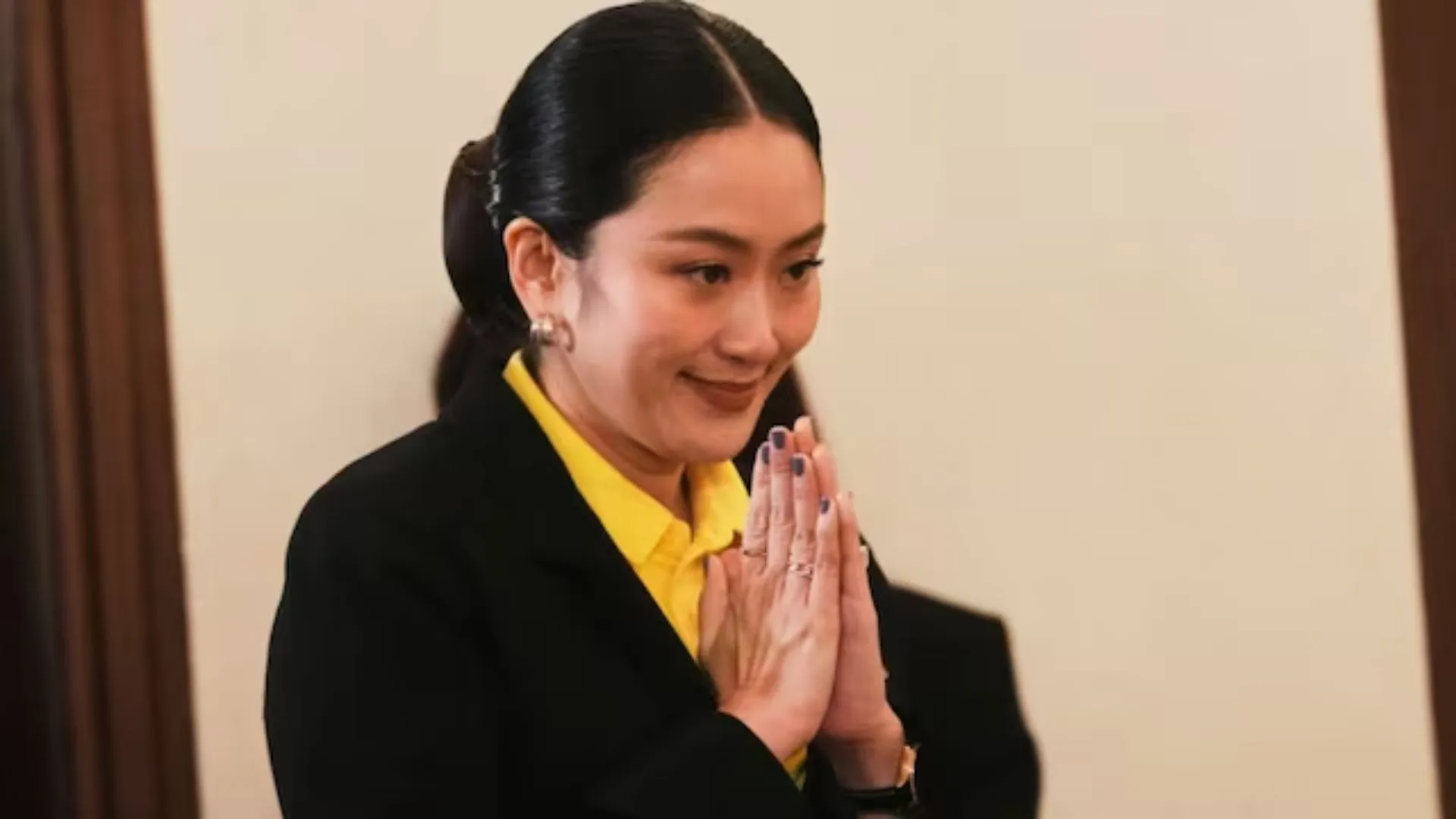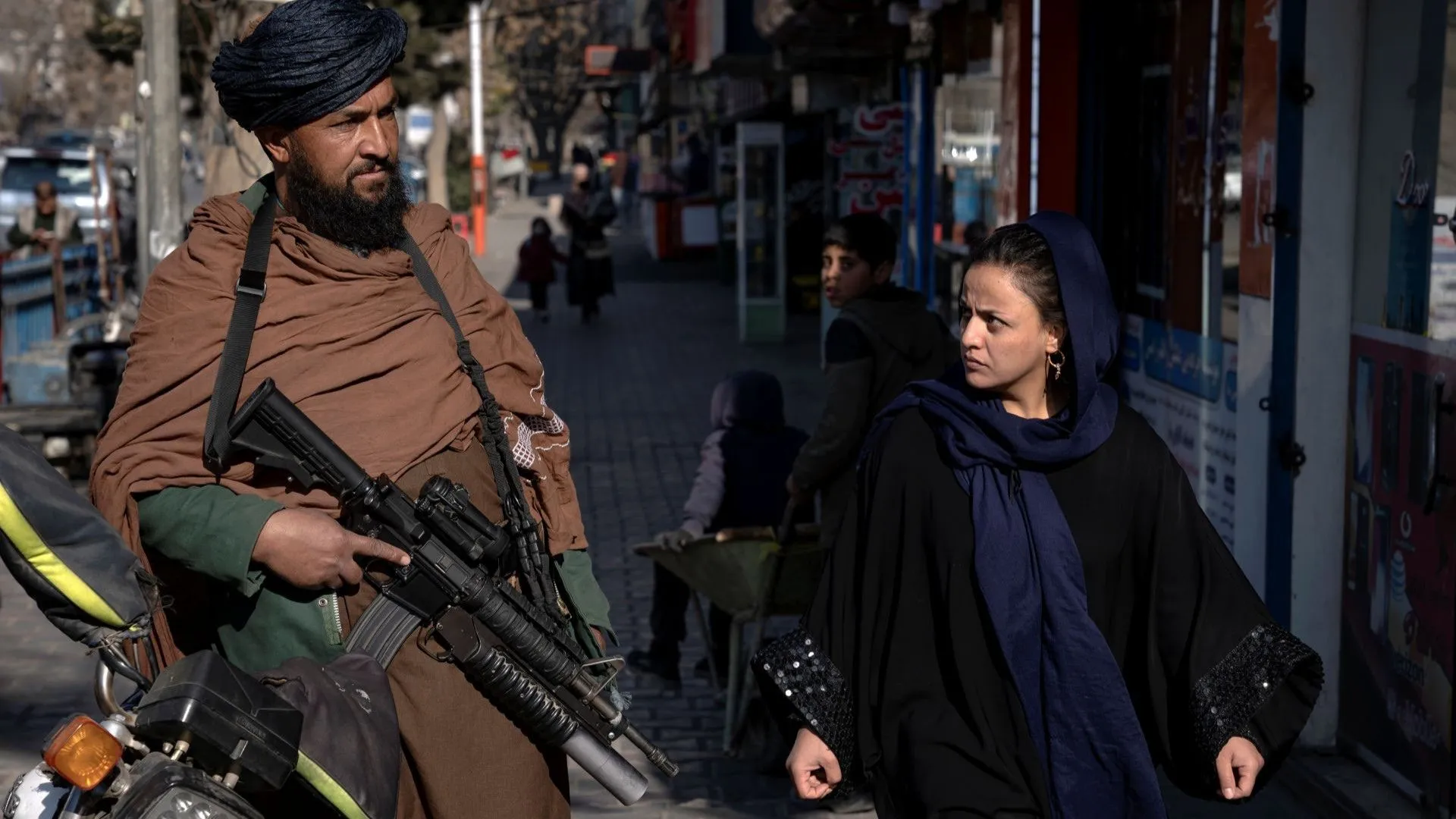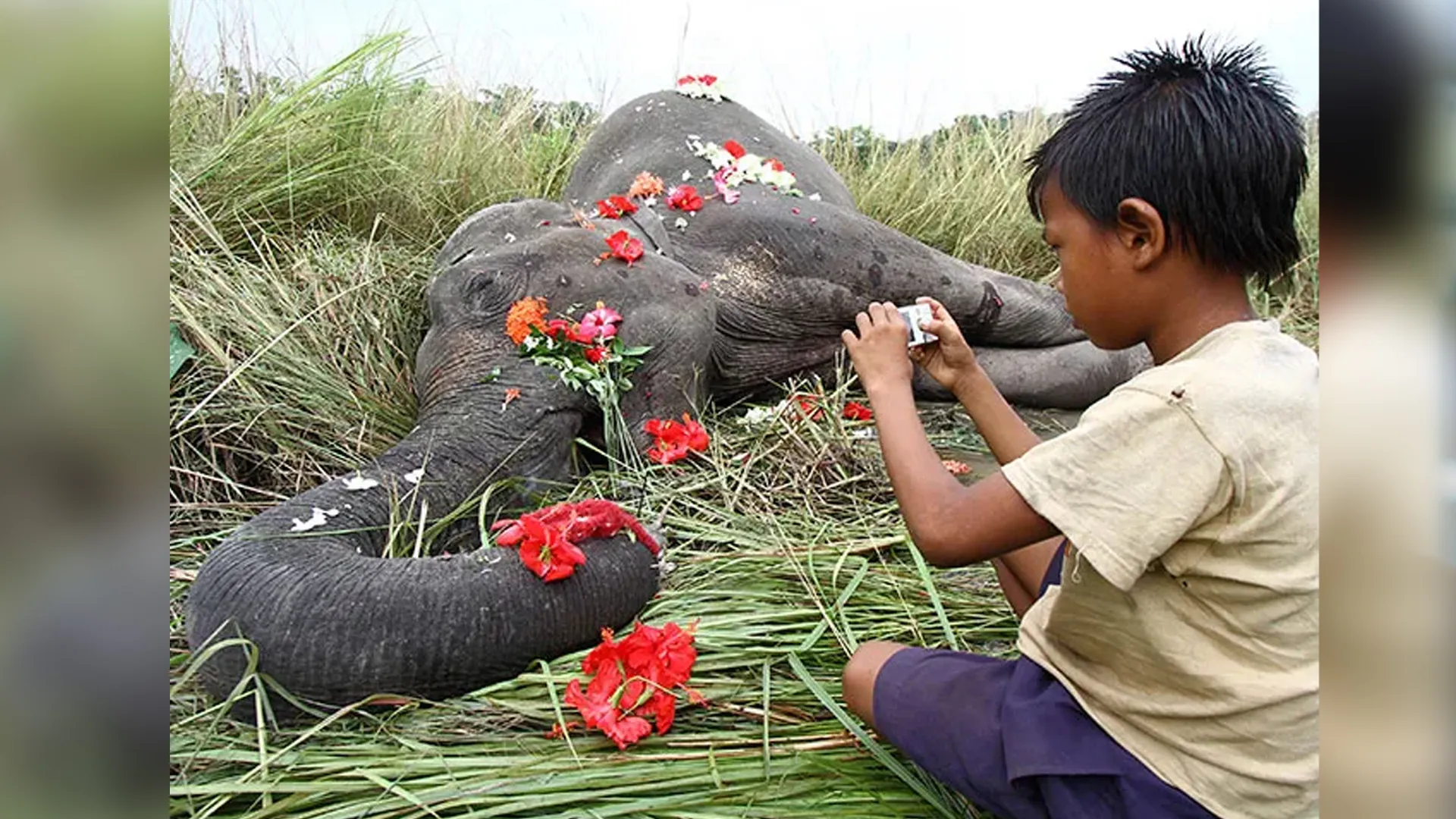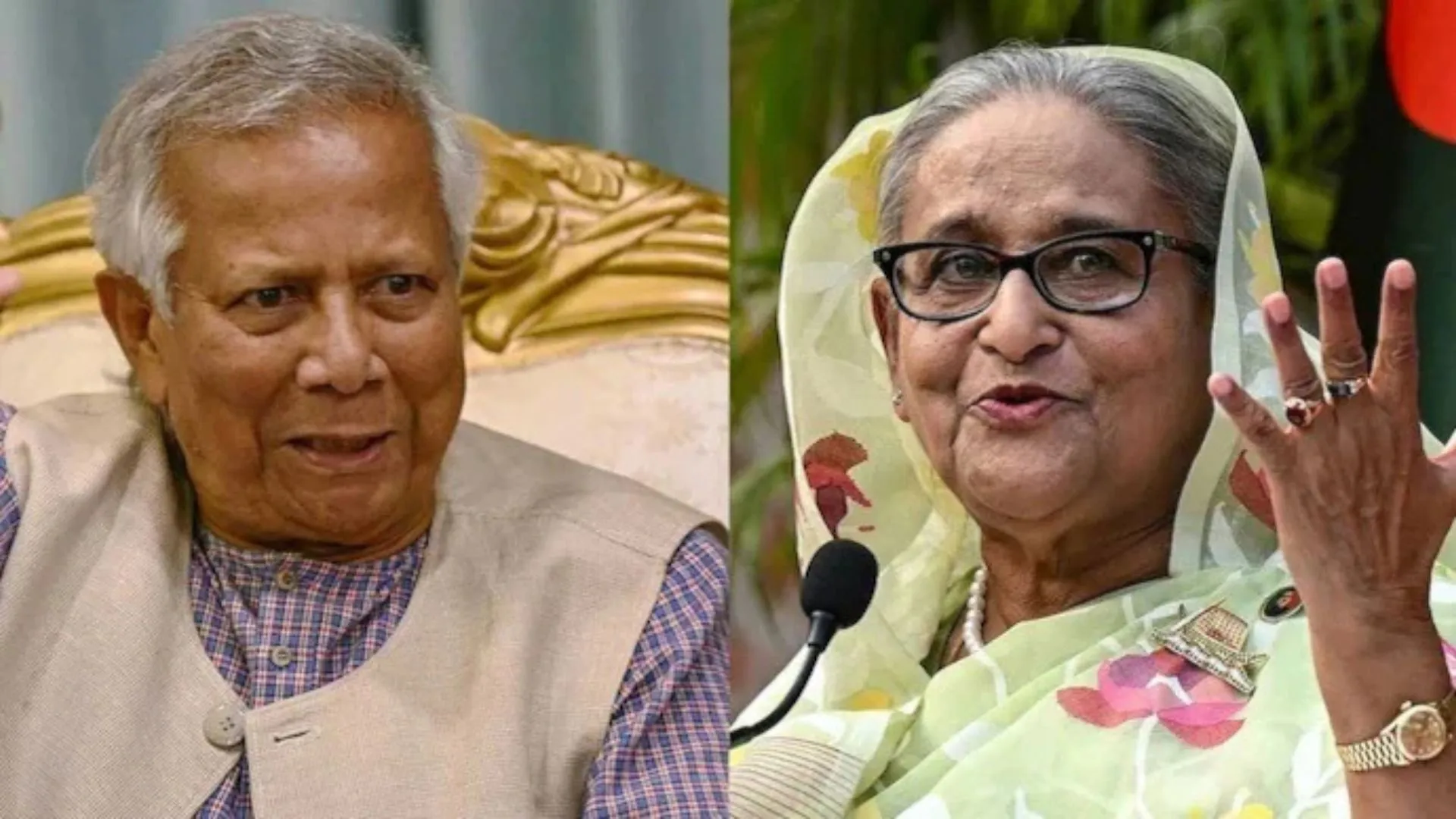A leaked 17-minute conversation between Thai Prime Minister Paetongtarn Shinawatra and Cambodia’s former prime minister Hun Sen has thrown the Thai government into crisis, broken the ruling coalition, and re-awakened deep-seated threats of a further military coup in the politico-sensitive country.
The call, recorded on June 15, followed a deadly border skirmish on May 28 near the ‘Emerald Triangle’, a contested area where the borders of Thailand, Cambodia, and Laos meet. One Cambodian soldier was killed, escalating nationalistic tensions that have simmered for decades over the disputed land.
In the recording, PM Paetongtarn can be heard brokering the relaxation of cross-border limits with Hun Sen. But it wasn’t only the substance, but her demeanor as well that angered. Talking down to Hun Sen as ‘Uncle’ and terming a high-ranking Thai army officer an ‘opponent’, the comments angered right-wing quarters, especially the military upper crust and nationalist camps.
Coalition Breaks, Public Outcry Mounts
The reaction was swift. The Bhumjaithai Party, the country’s second-largest member of the ruling coalition, pulled its support on Thursday, claiming national security. “The PM compromised national interests and undermined the military,” the party leaders accused. The loss has brought the government to a narrow 255-seat majority in the 500-seat House of Representatives.
Opposition leader Natthaphong Ruengpanyawut of the People’s Party labeled the leaked audio “the final straw,” demanding new elections and Parliament dissolution. Protesters marched around Government House the same day, waving Thai flags and calling for Paetongtarn’s resignation. Some senators meanwhile have promised to pursue impeachment, and grievances against the Prime Minister have begun pouring into law enforcement agencies.
Apology, Fallout, and Diplomatic Clash
Apologising to the furor, Paetongtarn clarified that her statement was part of a de-escalation strategy. “It was a negotiation strategy,” she told reporters. In an interview with reporters on Thursday, she regretted the leak and accused Hun Sen of exploiting the chat for local political points. “I will no longer conduct private conversation with Hun Sen,” she added.
The audio, said to have been circulated by Hun Sen to more than 80 Cambodian officials prior to its appearance on his Facebook page, elicited an immediate response from Thailand’s Foreign Affairs Ministry. Thai officials protested formally with the Cambodian ambassador, describing Phnom Penh as committing a “serious breach of diplomatic etiquette and trust.”
Historical Ties and Renewed Coup Fears
Paetongtarn, daughter of former Prime Minister Thaksin Shinawatra, has long come under scrutiny from nationalist elements for her seeming soft line towards Cambodia. Her father described Hun Sen as a “godbrother” at one time and was an adviser to the Cambodian government. Both Thaksin and his sister Yingluck Shinawatra were ousted in 2006 and 2014 military coups, respectively.
Today, with her government embattled and confronting growing public unrest, many fear the past repeating itself. The Thai military, who remain a dominant political institution with strong connections to the monarchy, made a rare public comment on Thursday, urging citizens to “have confidence in the army’s dedication to defending national sovereignty through legal mechanisms.”
Aside from political repercussions, the appeal has also revived past border conflicts, most importantly over the UNESCO-protected Preah Vihear Temple. Although the International Court of Justice in 1962 found that the temple was Cambodian, a 4.6 sq km buffer zone surrounding it is still in dispute.
In Cambodia, patriotic fervor has increased in the aftermath of the deadly confrontation, with Thai imports being banned, Thai TV dramas being cancelled, and internet throttling across borders. Thai officials, on the other hand, have brushed aside accusations of provocation, including allegations of drone monitoring.
Sensitive Moment for Paetongtarn
As her Pheu Thai Party navigates this storm with a fragile majority and mounting credibility issues, analysts warn that Paetongtarn must act swiftly to restore public trust and assert national sovereignty—or risk the same fate as her ousted predecessors.























